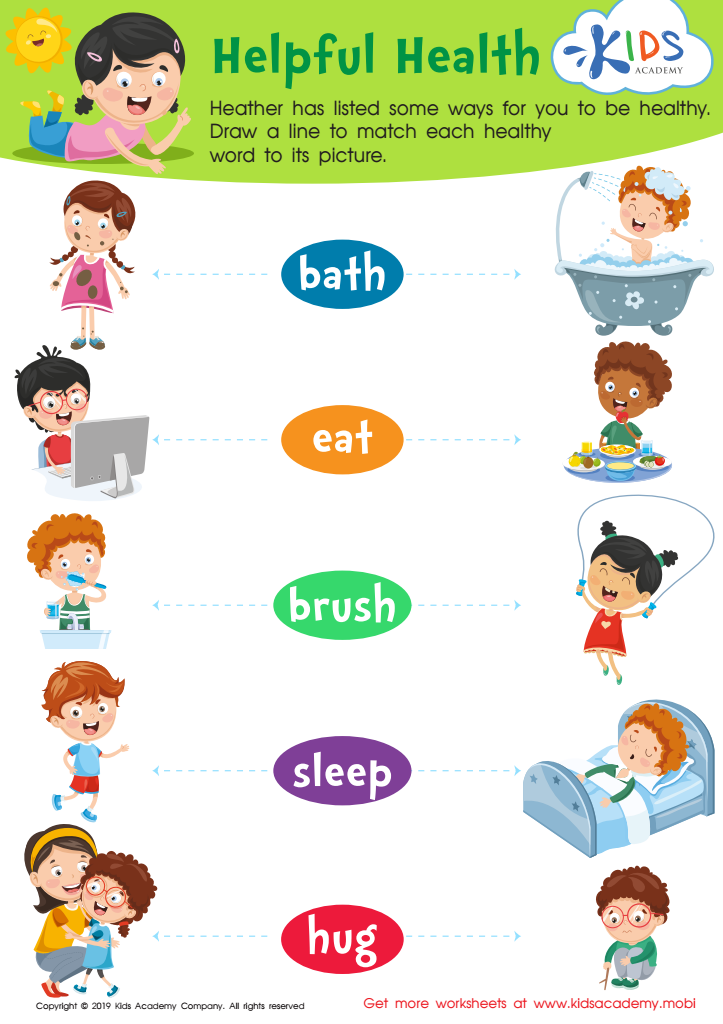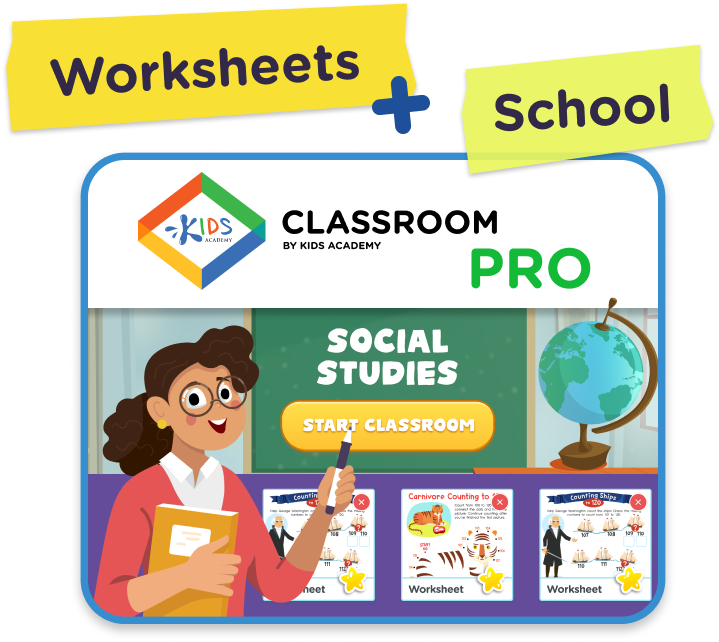Logical Reasoning Matching Worksheets for Ages 5-6
5 filtered results
-
From - To
Introduce your little learners to the exciting world of logical reasoning with our engaging matching worksheets designed specifically for ages 5-6! These worksheets encourage cognitive development through fun activities that foster critical thinking and problem-solving skills. Children will enjoy matching pictures, completing patterns, and identifying relationships, all while enhancing their ability to reason logically. Ideal for classroom use or at-home learning, our worksheets align with early education standards and promote essential skills in a playful way. Stimulate your child’s curiosity and boost their confidence in logical thinking with these interactive resources that make learning enjoyable! Start your adventure today!


Birthday Sudoku Sorting Worksheet


Emily's Pictures Worksheet


Find the Pattern Worksheet


Helpful Health Worksheet
Logical reasoning matching is a fundamental skill for children aged 5-6, helping them differentiate objects, patterns, and relationships, which is critical in early development. Parents and teachers should prioritize this activity because it enhances cognitive abilities, supports problem-solving skills, and fosters critical thinking. By engaging children in logical reasoning tasks, they learn to identify similarities and differences among objects, an essential skill that crosscuts various domains of learning.
Moreover, logical reasoning is intrinsically linked to mathematical understanding, as it prepares young learners to grasp basic concepts like categorization and sequencing. These skills are foundational for more complex math operations later on. In addition, matching activities can help refine attention to detail and concentration, encouraging children to observe the world around them more thoughtfully.
Furthermore, these activities can promote social skills through group play, as children collaborate to solve problems and share their reasoning processes. This not only builds communication skills but cultivates a sense of teamwork. Ultimately, fostering logical reasoning matching in early childhood not only contributes to academic readiness but also supports overall cognitive and social-emotional development, making it a vital area of focus for both parents and educators.

 Assign to My Students
Assign to My Students
















